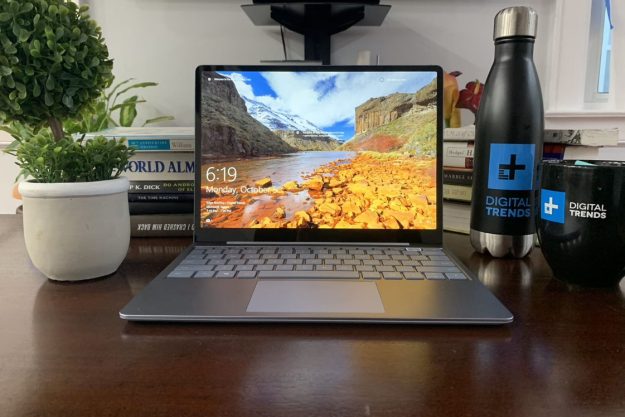Microsoft has confirmed it will offer security updates for Windows 10 after the end-of-life date for the operating system for consumer users but for a fee.
The brand recently announced plans to charge regular users for Extended Security Updates (ESU) who intend to continue using Windows 10 beyond the October 14, 2025 support date.

Previously, such support was only available for enterprise organizations; however, Microsoft is extending it to individual users for the first time. The service will be available through an annual subscription service, though the brand has not yet shared the pricing details for the plan.
While Microsoft is making this available, it is also making plans to add AI-powered Copilot to Windows 10. However, the older system won’t get as an extensive update as Windows 11 is undergoing, The Verge noted.
The company still insists that transitioning to Windows 11 is the best course for most users, noting in its blog post about the ESU program that while it provides security updates, technical support is not available.
Though the Windows 10 official end of life is October 14, 2025, making the lifespan of the operating system approximately ten years, the ESU program extends the OS support by three years for those who pay for additional security patches.
Such programs are likely a cushion to the transition between Windows 10 and Windows 11. Research has shown that Windows 11 adoption is going much better than many first believed, with the system actively running on over 400 million devices and hitting half a billion installs by early 2024. However, Windows 10 still dominates the business sector, powering 80.5% of devices.
In October, the IT asset management group Lansweeper uncovered that most businesses were updating to Windows 11 only when they replaced hardware, even though the majority had the minimum requirements to upgrade to the latest operating system.
Similarly, personal users might have their reasons for retaining an older system and might be willing to invest in maintaining that status. Microsoft would likely bank on such users being along the same lines as enterprise users.
The Verge noted that outside of paid service, Microsoft could be forced to provide free security updates for out-of-date software in extreme circumstances, such as defending against ransomware attacks. One such case happened in 2017 when an update had to be sent to the defunct Windows XP OS.
Editors' Recommendations
- Windows 11 might nag you about AI requirements soon
- You’re going to hate the latest change to Windows 11
- The most common Windows 11 problems and how to fix them
- Microsoft finds a sneaky way to slip more ads into Windows
- Microsoft announces a new threat to push people to Windows 11




